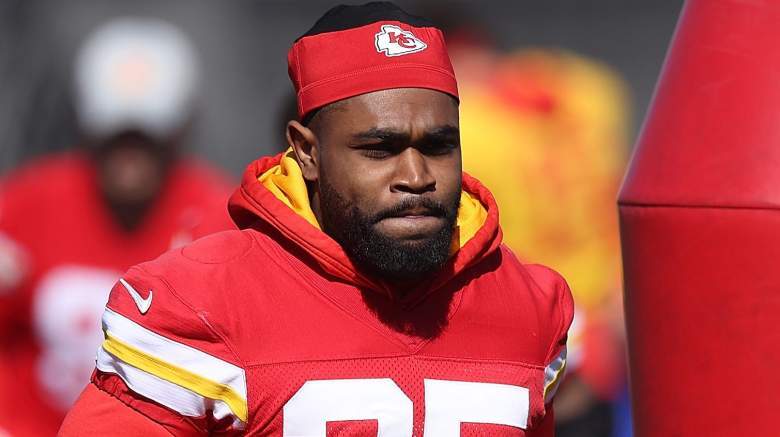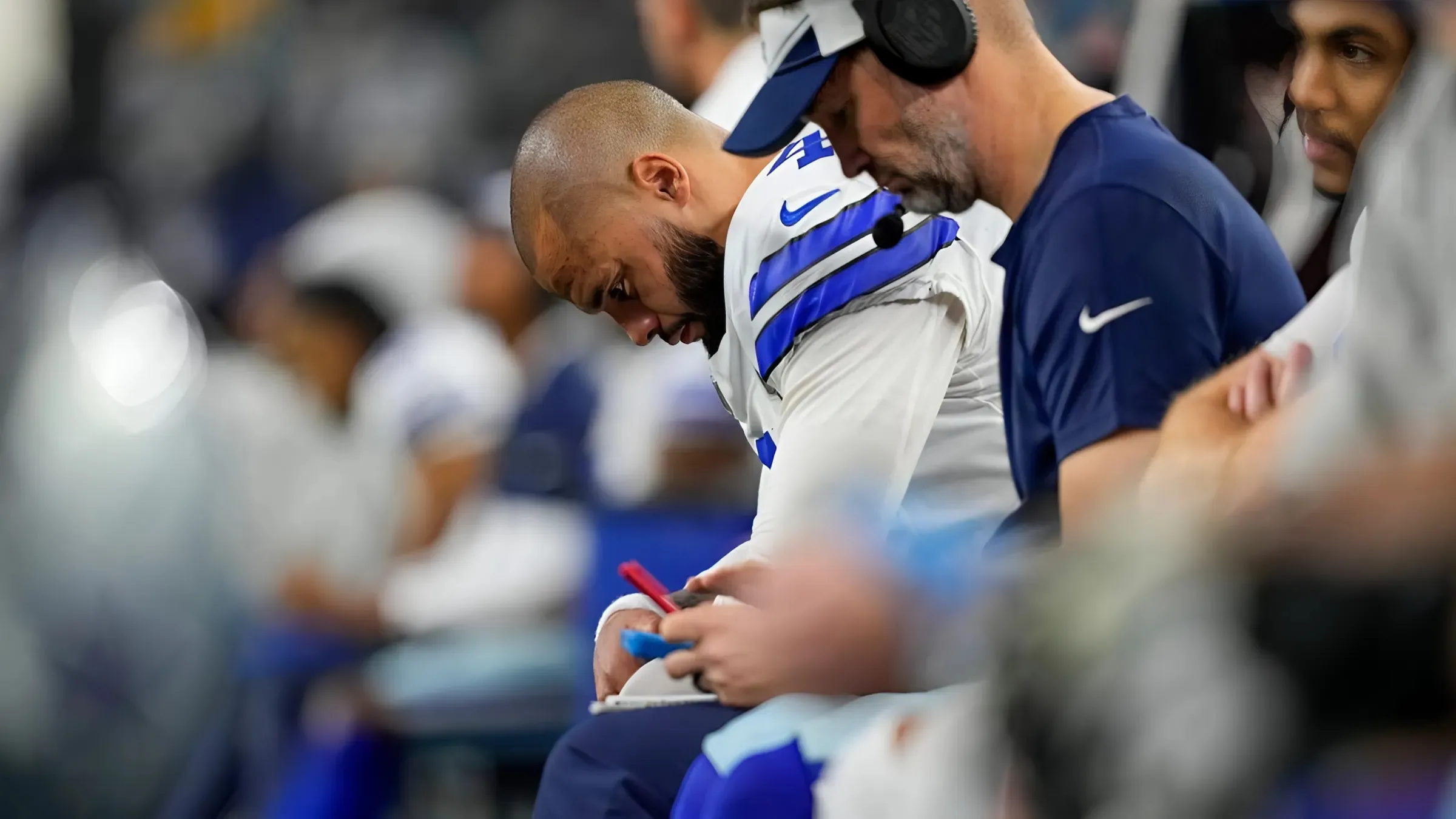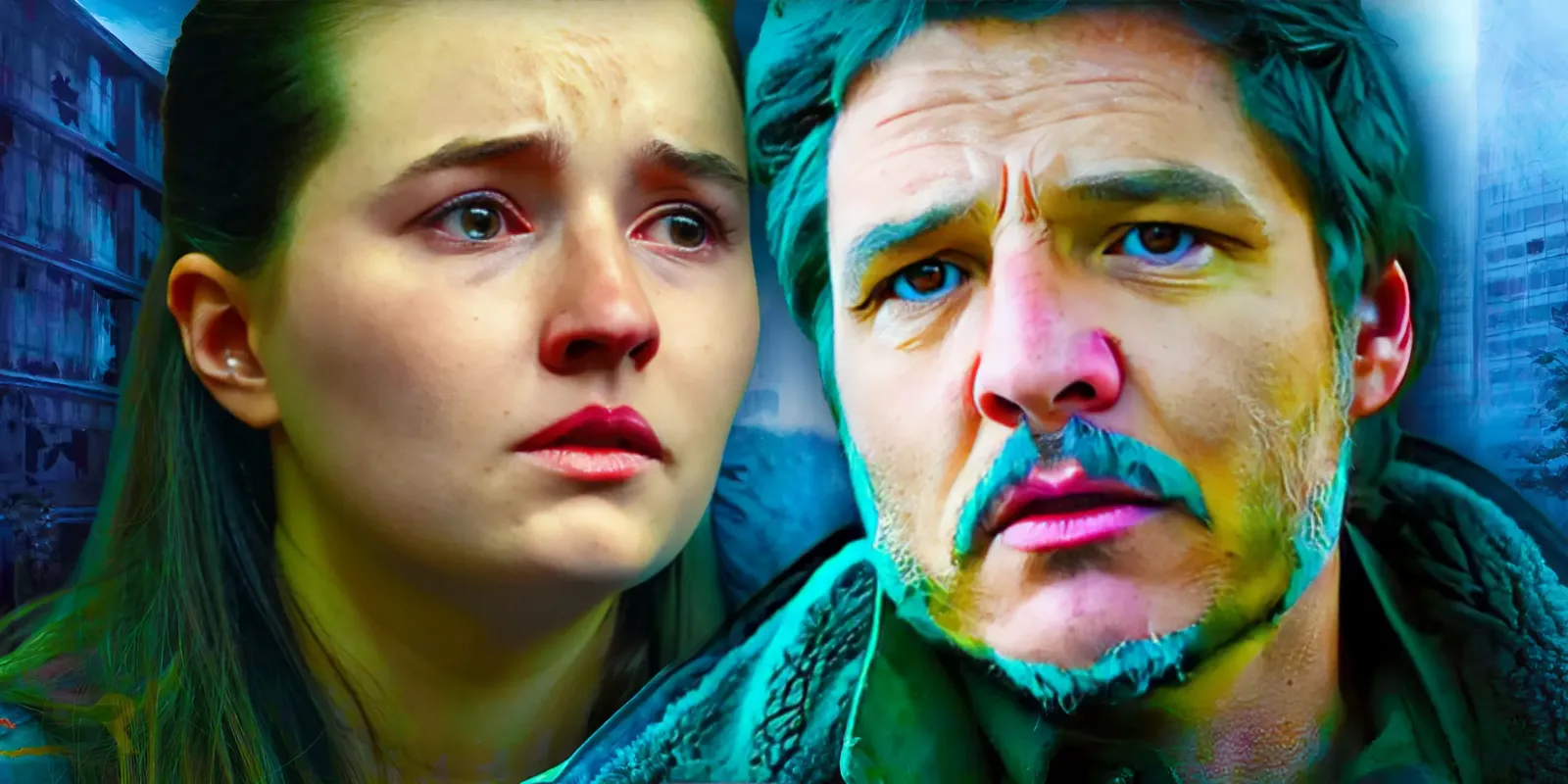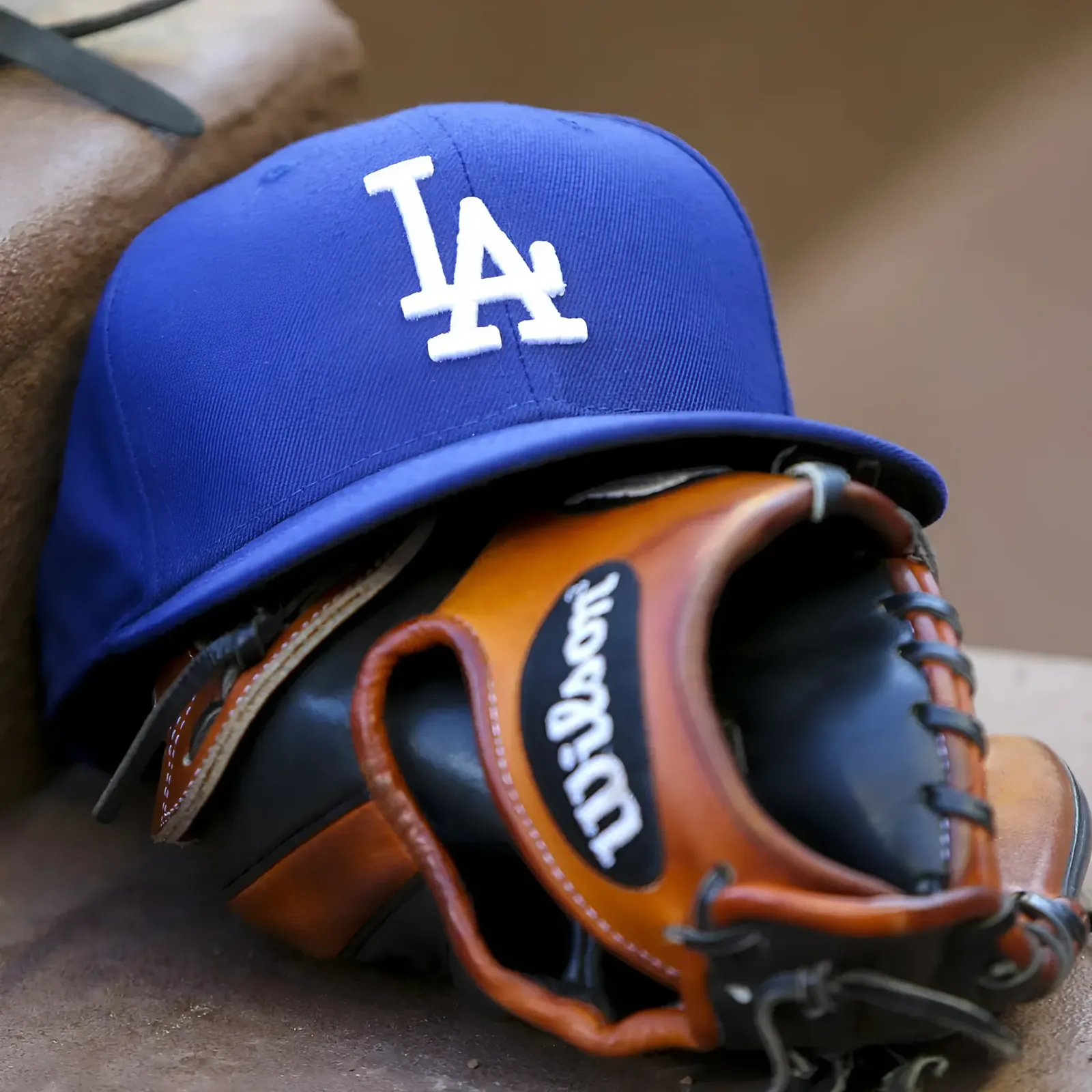Kansas City Chiefs running back Clyde Edwards-Helaire has publicly battled PTSD symptoms since July 29, 2024, but he’s been overcoming the illness for much longer than that.

For the first time since revealing his condition, Edwards-Helaire shared the full story of the 2018 shooting that has served as the root cause of his PTSD during an appearance on The Pivot Podcast — and it was quite jarring. The interview was released to the public on November 8.
“On December 22, 2018, Kansas City Chiefs running back Clyde Edwards-Helaire and his best friend Jared Small traveled to North Baton Rouge to sell a PlayStation,” host and former NFL safety Ryan Clark began the episode. “To Clyde’s knowledge, everything had been taken care [of] on an app. He figured that the conversation and the exchange would take five-to-ten seconds. Unbeknownst to both Clyde and Jared, Kobe Johnson — an 18-year-old young man — had a gun. He put that gun to the side of Jared Small’s head… [and] Clyde sprung into action. He pulled the trigger [of a concealed firearm] and Kobe Johnson was killed.”
“My only reaction was, either I’m about to watch my best friend lose his life or do something about it,” Edwards-Helaire told The Pivot Podcast later while detailing that fateful day. He also noted that he was taught to always carry his firearm and “be ahead of the situation” with his stepfather being a police officer/ex-marine and his mother serving in the military.
“It was Jared or [Johnson],” the Chiefs running back reiterated. “I honestly hate how it went, especially just learning more things about the individual — I wanted the best for everyone, [and] I wish it would of never went that way.”
Chiefs RB Clyde Edwards-Helaire Details Pulling the Trigger & the ‘Bad Feeling’ That Led Him to That Moment
Continuing on with the story, Clark asked Edwards-Helaire to describe what was going through his head during the moment he brought himself to pull the trigger and save Small’s life.
“The very first thing was, I don’t want my best friend dying,” he answered candidly. “Second is, if that happens to him, what’s stopping the gun [from] coming towards me after the fact? And it being two of us gone for no reason.”
Edwards-Helaire divulged that he hasn’t been able to get over that feeling to this day — nearly six years after the fact.
Earlier in the interview, Edwards-Helaire stated that a “bad feeling” led to him accompanying Small that day. Growing up in North Baton Rouge, he was more familiar with its reputation than his friend, and he decided to go with him to make sure nothing went wrong.
Years later, he’s still wrestling with the sequence of events that led to the incident that would change his life forever.
“I can’t imagine having a gun towards my head,” he explained, “and not only that, just thinking about the fact of — if I didn’t go with him or, how bad I would have felt not following my intuition initially.”
Chiefs RB Clyde Edwards-Helaire Says Past 4 Years Have Been a ‘Complete Roller Coaster’ up Until Recently
“Even though you can have a great career on the grass, you don’t get to wear the helmet in your everyday life,” Clark said to begin the podcast. That message rings true throughout the entire interview.
“These last four years, up until probably about four months ago, [it has been] a complete roller coaster,” Edwards-Helaire said while describing how the tragedy has impacted him since. “Dealing with not only the mental side of it but the physical side.”
The Chiefs RB revealed that he’s been hospitalized because of PTSD symptoms more times than he can count and that for a while, he barely got more than three hours of sleep on average most nights.
“The only time that I would feel myself was when I was putting on the helmet,” CEH said. He also made it clear that Chiefs head coach Andy Reid — as well as the KC medical staff — has been well aware of his condition for years and has worked with him a lot along the way.
These feelings all stemmed from the shooting and the hours and days that followed.
While speaking with Clark and company, Edwards-Helaire recalled being handcuffed and held as a “full-blown criminal” at a nearby police station. “I’m in this room and I’m in there completely by myself — no clock, I don’t know what time it is,” he remembered aloud. “And I feel like the thing that tripped me out the most is they had a window [in the room], and I tried to look out the window and when I opened it, it was a mirror. That right there completely broke me down.”
Eventually, the investigation determined that Edwards-Helaire was innocent of any wrongdoing.
How Clyde Edwards-Helaire Is Doing Now in 2024
This interview touches on so much more, including Edwards-Helaire’s relationship with Reid and teammates like Travis Kelce, the feelings that the Kansas City parade shooting brought back up and why he’s choosing to tell his story now.
“I feel like I’m actually saving lives by talking about my situation and showing that you can wake up every morning and get through,” Edwards-Helaire noted at one point.
He also revealed that while his 2019 campaign at LSU was probably the greatest of his football career, it was “probably the worst” year of his everyday life.
“I’m doing a lot better than I have been these past four years,” Edwards-Helaire voiced at the start of the interview. “Mentally, physically, everything is just on the up and up. I’d say I’m probably the healthiest I’ve been since I came into the league.”
He also expressed that the “biggest thing was just finding peace within myself,” something he finally feels he’s been able to do in recent months.



